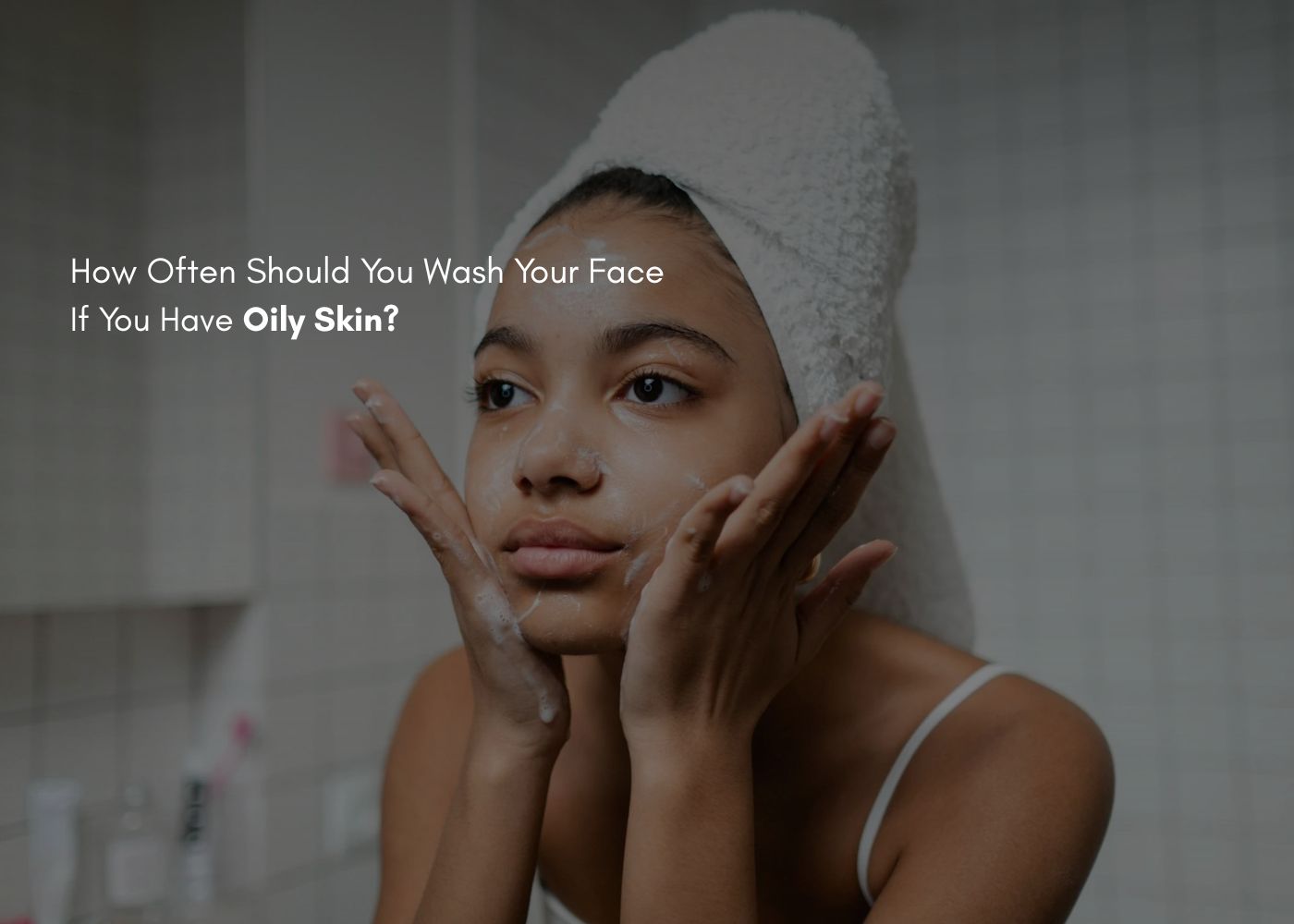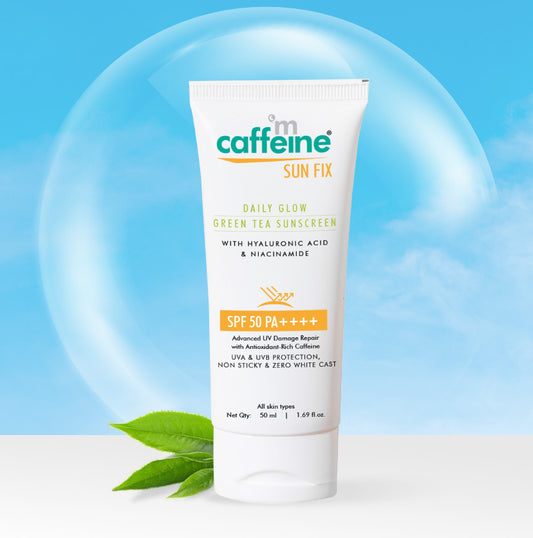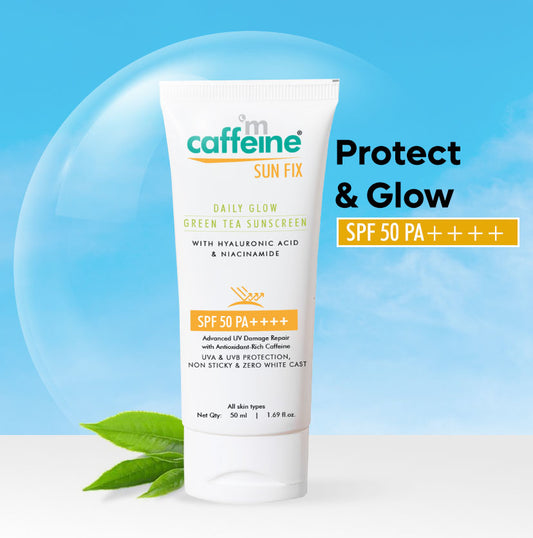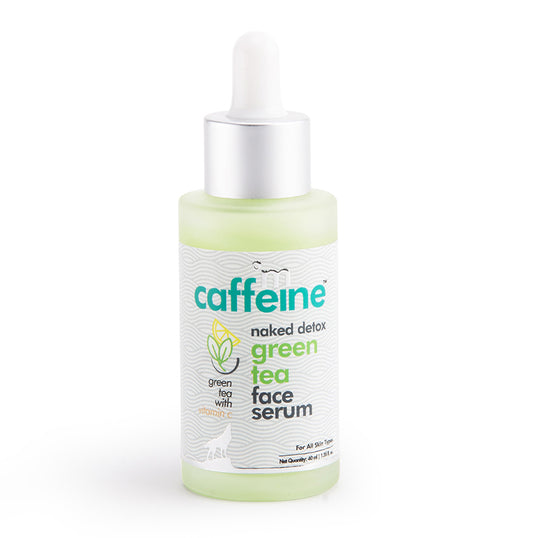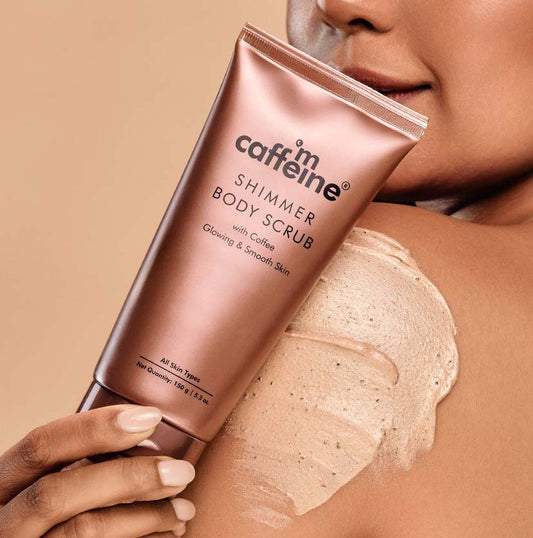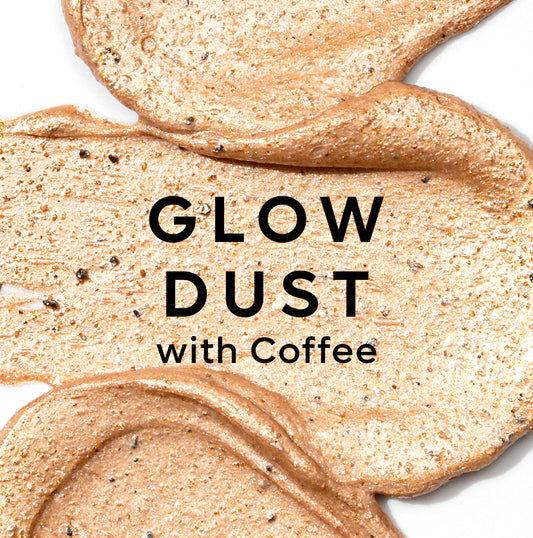How do Moisturizers Work? Detailed guide on why to use them
17 Feb 2025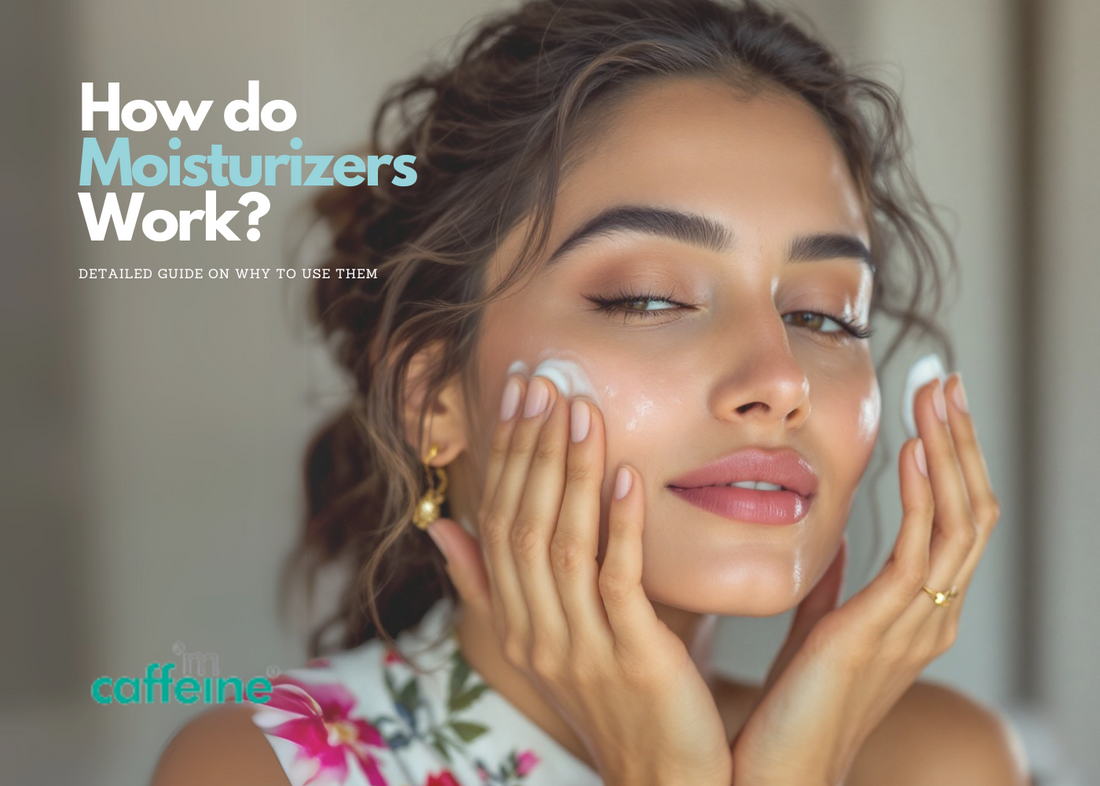
Introduction
Millions depend on moisturizers for healthy, balanced skin. Modern routines benefit from the science of moisturizers that support skin hydration and overall skincare results. Moisturizer effectiveness remains a topic of discussion as users ask whether these products truly work.
Clear explanations and dermatologist insights offer guidance in selecting products for everyday use. Practical tips provide details on active ingredients and proper application methods. Consumers often search for evidence-based claims that break down the science of moisturizers.
Information presented here covers the mechanism behind hydration, common myths regarding their function, and steps to integrate effective formulas into daily routines.
Understanding Skin Hydration and The Basics of Healthy Skin
Healthy skin depends on proper hydration. Adequate water content in the skin keeps it supple, smooth, and resilient. Skin hydration refers to the moisture contained in the outer layers, which plays a key role in overall skin health and appearance. Environmental factors, age, and lifestyle habits influence hydration levels.
Maintaining skin hydration supports a strong barrier function and protects against dryness.
Routine skincare and gentle cleansing help retain moisture and prevent water loss. Research shows that optimal hydration directly affects skin texture and resilience. Good skincare routines combine hydration with protective measures.
Consistent practices such as using a mild cleanser and applying a moisturizer shortly after washing support better hydration retention. Reliable products and proven formulas bolster skin health naturally.
How Moisturizers Work
Moisturizers aim to enhance skin hydration by blending a mix of humectants, emollients, and occlusives. Each ingredient plays a distinct role in ensuring that skin remains moist and protected.
Humectants attract water molecules from the environment and underlying skin layers to enhance hydration. Emollients smooth and soften the skin and help fill gaps in the skin’s surface. Occlusives form a barrier that locks in moisture, reducing water loss during the day.
Dermatologist Insights
Dermatologists note that a good moisturizer works on multiple levels. Experts advise that combining different ingredient types improves overall results. Clear dermatologist insights support the importance of tailored products for various skin types.
For example, many professionals recommend a cream like the Skin Bounce Moisturizing Cream for Normal to Combination Skin to address specific skincare needs.
Research Findings
Studies emphasize that proper formulation directly influences moisturizer efficacy. Research on the science of moisturizers reveals that balanced formulas can improve not only hydration but also skin barrier function. Laboratory tests have confirmed that products with ingredients such as hyaluronic acid and ceramides increase water retention in the skin.
Evidence suggests that regular application of effective moisturizers leads to dissipated fine lines and improved skin texture.
Difference Between Hydration & Moisturization
Skin hydration and moisturization often get used interchangeably, but they refer to related aspects of skin care. Hydration pertains to the water content in the skin, whereas moisturization involves trapping that water to maintain balance.
-
Hydration focuses on the water content within your skin cells, ensuring they remain plump and refreshed.
-
Hydrating ingredients like hyaluronic acid and glycerin actively draw water into the skin.
-
Moisturization involves locking in the water to maintain that hydration, often through occlusive agents.
-
Moisturizers create a protective barrier on the skin, preventing moisture loss through evaporation.
-
Combining hydration and moisturization in your routine leads to smoother, healthier skin.
Using products that offer both water-binding agents and occlusives ensures that skin remains hydrated for longer periods. Routine practices that combine these aspects yield smoother, healthier skin.
The Best Ingredients for Skin Hydration
Selection of ingredients largely determines moisturizer efficacy. Here’s why:
-
Hyaluronic Acid – Attracts water molecules and can hold up to 1,000 times its weight in water, ensuring long-lasting skin hydration.
-
Glycerin – Acts as a powerful humectant that draws moisture from the environment, keeping the skin soft and plump.
-
Ceramides – Rebuild the skin barrier to lock in moisture, reduce water loss, and enhance overall hydration.
-
Niacinamide – Supports the skin’s natural barrier and increases moisture retention, while also soothing irritation.
-
Botanical Extracts – Provide antioxidants and anti-inflammatory benefits that nourish the skin and boost hydration levels.
Consumers interested in boosting their skin hydration might consider a product like the Glow Boost 5 Niacinamide Green Tea Oil Free Moisturizer to maintain balance without excess oiliness.
How Moisturizers Improve Skin Health
Moisturizers do more than add water to the skin, they also support the overall integrity of the skin barrier. Well-formulated products reduce transepidermal water loss and protect skin against environmental damage. Enhanced skin hydration translates to fewer fine lines and a healthier, more radiant appearance.
Regular use of the right moisturizer results in improved texture and firmness. These products reduce dryness and sensitivity while reinforcing the natural barrier that shields against irritants.
Many users report that consistent application leads to visible improvements in skin smoothness and flexibility. Effective skincare routines incorporate moisturizer efficacy into daily practice without extra hassle.
Common Myths
• Oily skin does not need moisturizer, dermatologist insights confirm that even oily or acne-prone skin needs hydration to maintain balance.
• Lighter formulations often work better for sensitive or oily skin than thick creams.
• Some believe moisturizers are ineffective, yet they play a crucial role in sealing moisture and reinforcing the skin barrier.
• The idea that skin gets "addicted" to moisturizer is unfounded; regular hydration simply supports the skin's natural functions without creating dependency.
• Many think expensive moisturizers are always superior, but effectiveness depends on the formulation and active ingredients rather than price alone.
• Some assume all moisturizers work the same way, while in reality, formulations vary widely with different water-binding agents and occlusives that target distinct hydration needs.
Hydrating Skincare Tips: How to Keep Skin Hydrated
Daily routines help maintain optimal skin hydration. Start with a gentle, pH-balanced cleanser to avoid stripping natural oils. Follow with a hydrating product such as the Kombucha Hydra Repair Face Moisturizer with HA Ceramides that replenishes moisture and soothes irritated skin.
Incorporate a lightweight body lotion for an all-round approach. The Sweet Escape Perfume Body Lotion and Summer Breeze Perfume Body Lotion offer fragrance and hydration in a balanced formula. Consistent application of these products guides skin toward sustained moisture retention. Practical tips include applying moisturizer immediately after bathing when pores are open. That practice locks in water and prevents rapid moisture loss. Using a humidifier during dry weather also supports optimum skin hydration.
Conclusion
A clear understanding of the science of moisturizers enriches daily skincare practices. The combination of advanced ingredients and creative formulation boosts skin hydration and overall skin health. Effective products work on multiple levels, from drawing moisture to locking it in place, and dermatologist insights validate their benefits. Concrete skincare routines that feature proven tactics lead to improved appearance and stronger barriers against environmental stress. Products like the Skin Bounce Moisturizing Cream and others provided throughout this guide illustrate practical options for enhancing moisturizer efficacy. Commit to a routine that addresses both hydration and moisturization, and review product labels for active ingredients that suit your skin type.
FAQs
Q1. Does moisturizer actually improve skin?
Yes, moisturizers improve skin by locking in hydration, preventing dryness, and strengthening the skin barrier. They help maintain softness, elasticity, and overall health. Choosing the right ingredients, like hyaluronic acid and ceramides, ensures deeper hydration and nourishment.
Q2. What exactly does a moisturizer do?
A moisturizer hydrates and protects the skin by forming a barrier that locks in moisture and prevents water loss. It replenishes essential lipids, soothes dryness, and enhances skin elasticity.
Q3. How do moisturizers benefit the skin?
Moisturizers benefit the skin by:
-
Hydrating & Preventing Dryness – They lock in moisture, keeping the skin soft and supple.
-
Strengthening the Skin Barrier – Ingredients like ceramides and fatty acids protect against environmental damage.
-
Reducing Fine Lines & Wrinkles – Hydrated skin appears plumper and smoother, minimizing signs of aging.
-
Balancing Oil Production – Proper hydration prevents excess oil production, helping to manage acne-prone skin.
Q4. How do humectants and occlusives work differently?
Humectants pull water to the skin, while occlusives form a barrier to prevent evaporation. Combining both results in effective skincare.
Q5. Are there essential ingredients that boost moisturizer efficacy?
Key ingredients include hyaluronic acid, glycerin, and ceramides; these form the backbone of effective skin hydration. Products containing these ingredients deliver noticeable results.

